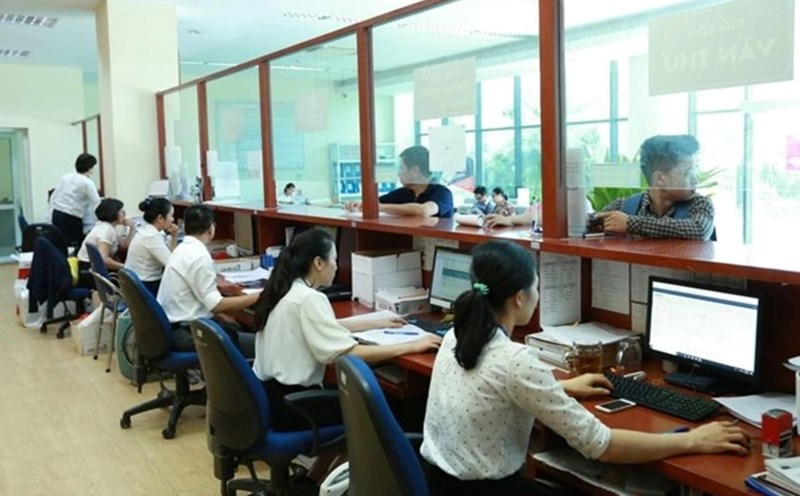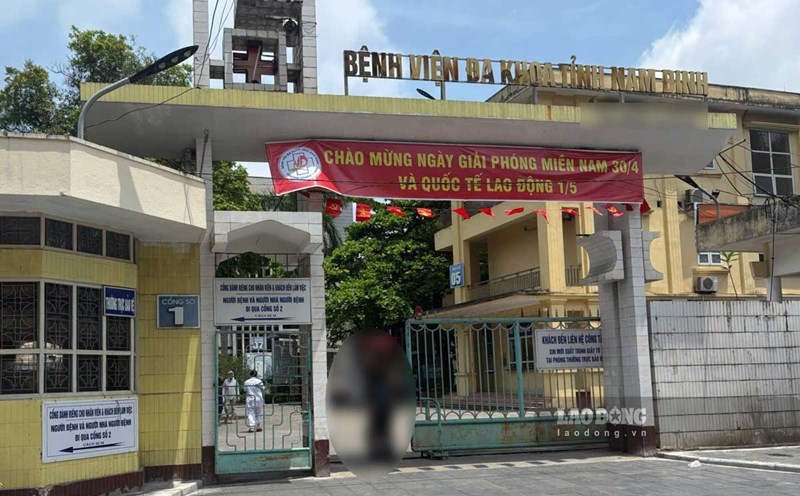This can be considered an important step forward in the effort to build a high-quality workforce for the public apparatus, which needs to be strongly supported.
This periodic assessment mechanism will help avoid the situation where, after being appointed, people are left to "stay in office" and continue to be leaders until the end of their term or until retirement, regardless of their poor qualifications or ineffective management.
In fact, there are many cases where officials do not complete their tasks but still maintain their leadership positions simply because of the lack of evaluation and screening mechanisms. This not only reduces the effectiveness of the agency's operations, but also causes dissatisfaction among staff and loss of public trust.
The principles of “entry and exit” and “rise and fall” are the solutions to overcome these shortcomings. Those who do well will be recognized, trained further, and promoted.
Whoever is weak or unsuitable must make way for someone else. This is the way to ensure that each position is taken by the most deserving person.
Another problem is that for many years, "promotion" has often been seen as a personal success, while "demotion" has been understood as a failure or "punishment".
This mentality creates unnecessary pressure on employees, leading to a situation where they try to keep their jobs at all costs, instead of focusing on doing well the assigned work.
The periodic screening mechanism will gradually form a new way of thinking: “rise and fall, getting a position, losing a position” is normal. The most important thing is the work efficiency and the actual contribution of each individual. This not only motivates cadres to strive, but also helps the apparatus operate more flexibly and effectively.
In addition to regular assessments, the proposal to build a mechanism to train and select high-quality human resources right from the learning environment is a long-term strategy. This is a way to find young people with potential, put them through a systematic training process and develop them into the next generation.
This mechanism also helps to overcome the "brain drain" situation when talented people often choose the private sector or work abroad instead of contributing to the state apparatus.
Appropriate treatment, clear development opportunities, and a transparent and fair working environment will be an attractive invitation for talented people.
Supporting the civil servant screening mechanism is not only supporting a new policy, but also supporting a modern, transparent and effective management mindset.
This screening mechanism will be an effective and necessary tool to build a sustainable public administration that meets people's expectations and the country's development requirements in the "new era"!










